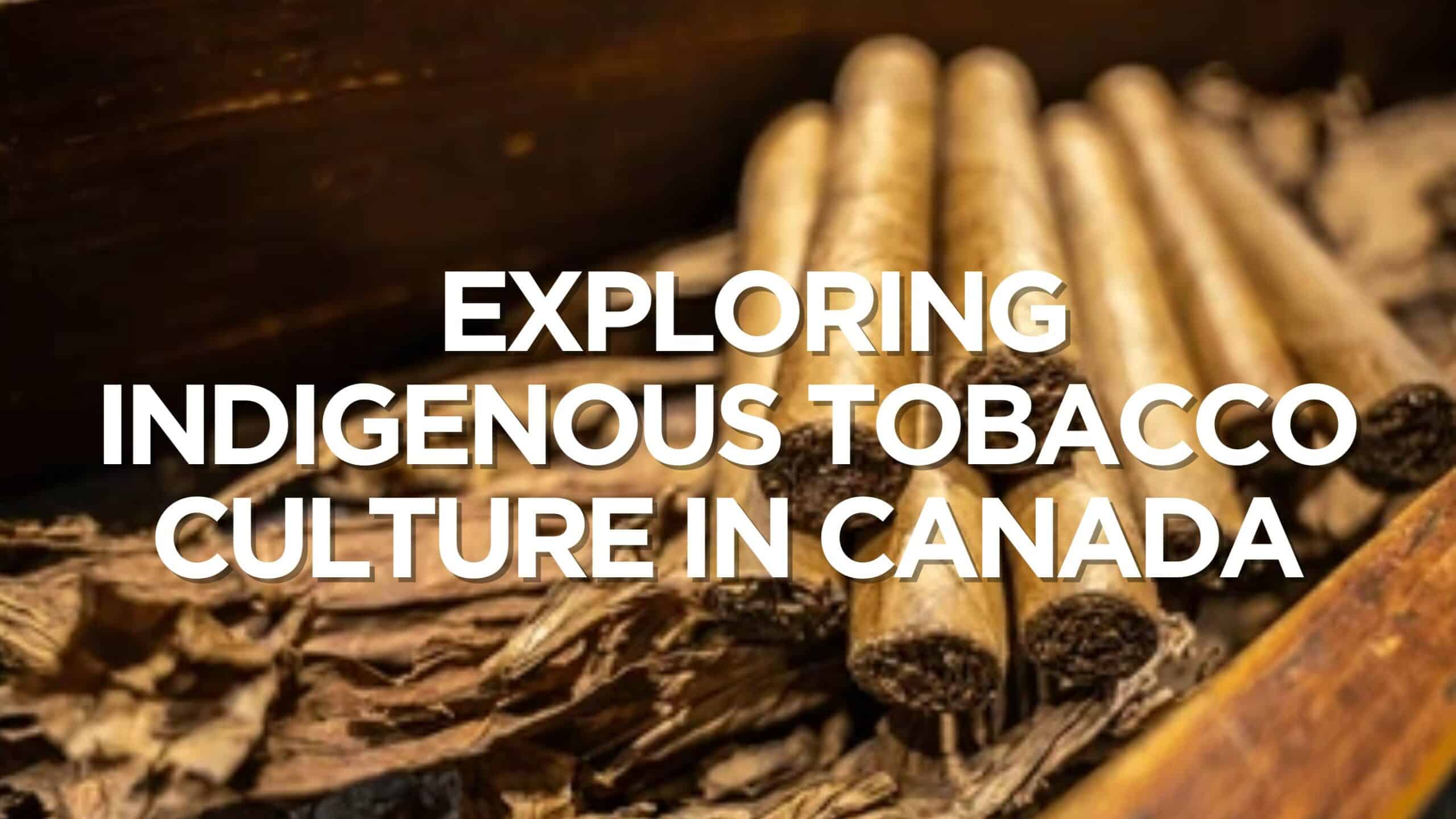In the vast mosaic of Canadian culture, the Indigenous Tobacco Culture in Canada significance of tobacco holds a multifaceted narrative, particularly within indigenous communities. Native smokes, embodying tradition and spirituality, offer a unique window into this cultural tapestry. This guide endeavors to illuminate the path for those intrigued by the allure of native smokes, providing not only practical advice but also a deeper understanding of their cultural resonance.
First Nations, Métis, and Inuit peoples in Canada
Tobacco is far more than a commodity; it is a sacred offering, a conduit for communication with the spiritual realm, and a symbol of interconnectedness with the land. Native smokes, crafted with care and reverence, carry this legacy forward, embodying centuries-old traditions passed down through generations. Understanding this cultural context is fundamental to appreciating the significance of native smokes and engaging with them respectfully.
However, the journey to discovering native smokes is not merely a matter of logistics; it is a pilgrimage of cultural exploration and understanding. It requires navigating legal frameworks, honoring indigenous rights, and approaching the process with humility and respect. By delving into the world of native smokes, individuals have the opportunity to deepen their connection to Canadian heritage and to forge meaningful relationships with indigenous communities.
This guide aims to serve as a compass, guiding travelers through the intricacies of finding and engaging with native smokes in Canada. From unraveling legal considerations to connecting with indigenous suppliers, each step is imbued with the spirit of cultural sensitivity and respect. Ultimately, the quest for native smokes is not just about acquiring a product; it is about embarking on a journey of discovery, understanding, and mutual respect.
Understanding the Cultural Significance
Native smokes, often referred to as traditional or indigenous tobacco, hold deep cultural and ceremonial importance for many First Nations, Métis, and Inuit peoples in Canada. Unlike commercial cigarettes, native smokes are often handcrafted using traditional methods and natural ingredients. They are used in ceremonies, rituals, and as offerings to honor the land and ancestors. Understanding and respecting this cultural significance is essential when seeking out native smokes.
Legal Considerations
It’s crucial to be aware of the legal framework surrounding the sale and purchase of native smokes in Canada. While indigenous peoples have the right to produce and use traditional tobacco for ceremonial purposes under certain agreements and treaties, the sale of these products may be regulated differently depending on the province or territory. Researching local laws and regulations is essential to ensure compliance and respect for indigenous rights.
Finding Indigenous Suppliers
One of the best ways to access native smokes is to purchase them directly from indigenous suppliers or communities. Many First Nations reserves and Métis settlements have stores or artisans who produce and sell traditional tobacco products. Visiting these communities not only provides access to authentic native smokes but also supports indigenous businesses and economies.
Alternative Retailers
In addition to indigenous suppliers, some specialty tobacco shops and online retailers may carry native smokes sourced from indigenous producers. However, it’s essential to verify the authenticity and source of these products to ensure they are ethically sourced and support indigenous communities.
Cultural Sensitivity and Respect
When purchasing or using native smokes, it’s vital to approach the practice with cultural sensitivity and respect. This includes understanding the significance of traditional tobacco to indigenous peoples, seeking permission when entering indigenous communities, and honoring any protocols or traditions associated with its use.
Conclusion
Finding native smokes in Canada is not just about purchasing a product; it’s about engaging with indigenous culture, supporting indigenous communities, and honoring traditions. By understanding the cultural significance, navigating legal considerations, and seeking out indigenous suppliers, individuals can access traditional tobacco products in a respectful and responsible manner.
FAQ
1. Are native smokes legal in Canada?
The legality of native smokes varies depending on the jurisdiction and purpose. While indigenous peoples have the right to use traditional tobacco for ceremonial purposes, regulations surrounding the sale and purchase of these products may differ.
2. Can anyone purchase native smokes?
In some cases, yes. However, it’s essential to respect indigenous protocols and seek out reputable suppliers to ensure the products are ethically sourced and support indigenous communities.
3. How can I find indigenous suppliers of native smokes?
Visiting First Nations reserves, Métis settlements, or specialty tobacco shops that support indigenous producers are good places to start. Additionally, online research and community connections can help locate reputable suppliers.
4. What should I keep in mind when using native smokes?
Cultural sensitivity, respect for indigenous traditions, and awareness of local laws and regulations are crucial. Seek permission when entering indigenous communities and honor any protocols associated with the use of traditional tobacco. With these considerations in mind, individuals can navigate the world of native smokes in Canada with respect, understanding, and appreciation for indigenous culture and traditions.

